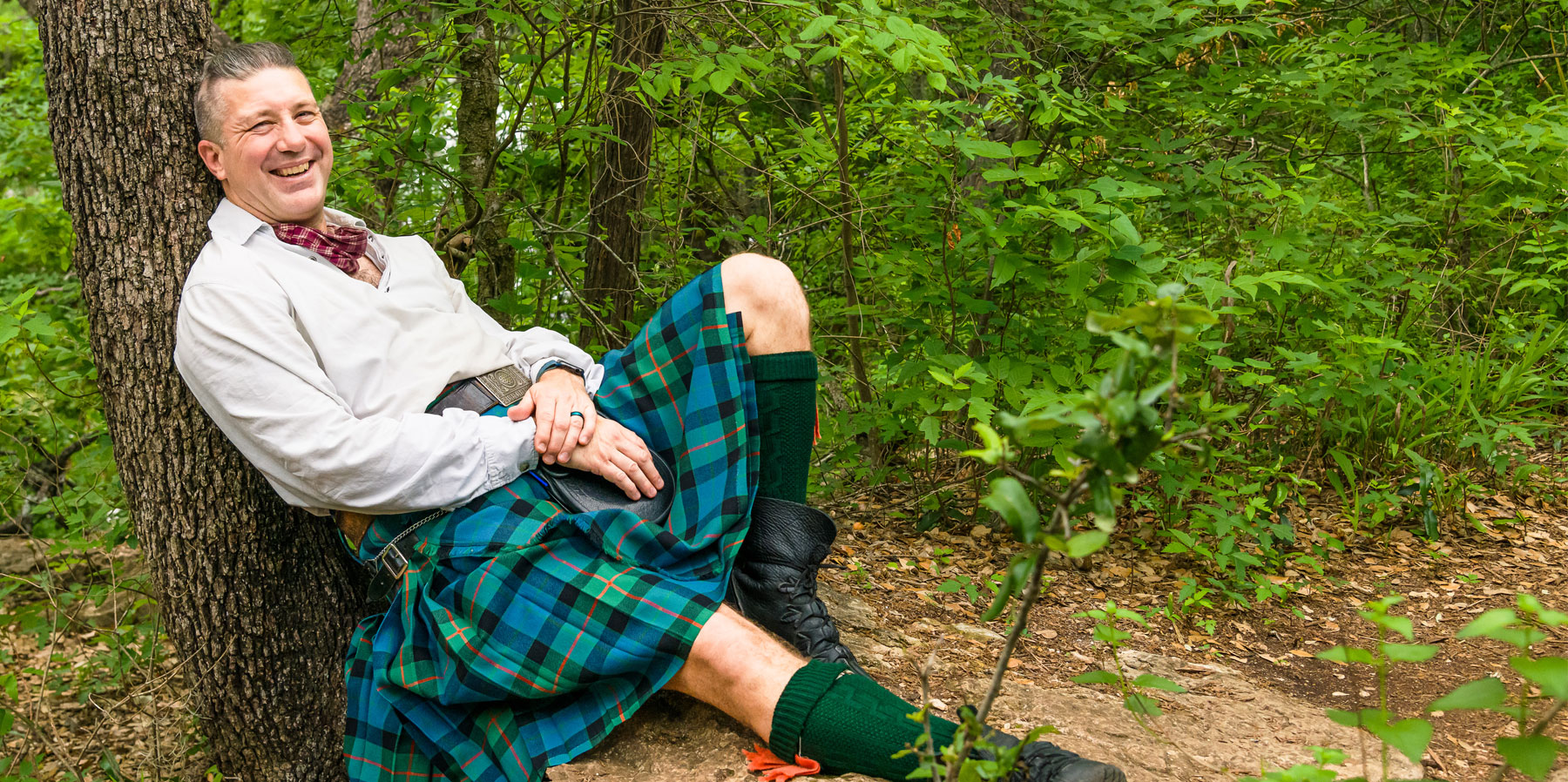Here's some of the guidelines Ande Rasmussen follows when he is writing lyrics:
1) there are no rules, there's only tools, you'll find exceptions to
everything below, but it's generally good to stick with them, unless
you have a really good reason not to
2) Genuine Idea
Is the idea worthy of becoming a song?
Does it strike a chord?
Does it make the singer look good?
Is it universal, will millions want to hear it over and over?
3) Conversational
write a lyric the way you would say it
lyrics are conversational, don't reverse word order for the sake of
rhyme, only use words you'd use in a natural normal conversation
keep it simple,
make it so people who are half listening can half understand
4) Song Structure
Lyrics have structure, there's usually a
verse then a chorus then the 2nd verse then the chorus
so the simplest song form is
V C V C
some songs have a Bridge
V C V C B C
There's several more song forms
5) Titles
songs have titles, they are the brand.
the title is the most repeated phrase in the chorus,
it's the phrase that sticks in people's heads,
find a word or phrase that DEMANDS ATTENTION
it usually summarizes the song
if a chorus has 8 lines
here's 5 examples of where title are often placed in 8 line choruses
1) x
2)
3)
4)
5) x
6)
7)
8)
1) x
2)
3) x
4)
5)
6)
7)
8) x
1) x
2)
3)
4)
5)
6)
7)
8) x
1)
2)
3)
4) x
5)
6)
7)
8) x
1)
2)
3)
4)
5)
6)
7)
8) x
some songs don't have a chorus
they just have a repeated hook line
6) Prove the title.
The purpose of the verse is to lead the listener to the chorus
every line in the verse should be connected to and point to the title
the verses should build up to the chorus
7) IMAGERY
use imagery, don't tell me, show me with images
write with all your senses,
things you see, feel, hear, taste, and touch
Specifics are special,
8) Opening Lines
the opening line of the lyric should GRAB the listeners attention
Start with a bang
Drop the cat in the punch bowl! Splash
http://www.peoplestories.org
Establish who what when and where
9) Avoid cliches, they are the kiss of death
Attempt to create expressions that people have never heard before but
when they hear it they understand it.
Sometimes a cliche is what you need to use to best convey the emotion.
10) The last line in each verse should transition the listener into
the chorus
11) a song contains
a. *lyrics*: which are the words
b. *vocal melody* which is the way the words are sung and
c. *music* the notes and chords that fit around the music.
12) you don't need to be able to sing, read music, or even write
music to write songs
13) each line in a song needs to be concise
each syllable has to be sung, what's the simplest clearest way to
write it?
14) some words don't sing well, don't use them,
avoid adverbs, find the verb,
one and two syllable words are the backbone of lyrics
15) verse 1 and 2 should have the same rhyme scheme
when you compare each line in verse 1 and 2, they should have close
to the same number of syllables and you should be able to sing the
same melody on each line
ie when you compare V1 L1 with V2 L2
16) avoid puns and being overly clever, a song should generate a
real emotion in the listener rather than make the reader say,
“my my my you are so clever”
17) when an idea arrives, allow it to flow out, write,
write down what ever else arrives with it
just get it out
then go back later and edit it
if you have a strong idea you will think of many lines to go with it
edit them down to the strongest most effect lines
18) well written songs move listeners emotionally
well written lyrics move the readers emotionally
songs need to be universal which means people can relate to the tory
or situation in the song
We write songs for our listeners.
19) Music is about theme, variation on the theme, departure from the
theme, then return to the theme
Song sections need to contrast, lyricists do this by
only using title words in the chorus,
using different line lengths, rhyme sounds and rhyme patterns in
different sections
20) there's nothing new under the sun, strive to have something new
and special about your lyric
21) have your song idea radar on at all times
when you find a song idea write it down
22) songs rarely arrive fully baked at once
they usually arrive in bits and pieces
it's up to you to put the lyric together
writing lyrics can be like solving a puzzle
23) you can tweak the song forever ad nauseum
a some point have the courage to say
this song is done
but remember just because you say it's done doesn't mean that it is
24) Lyrics need to make the singer look good, but not too good
25) Think about which angle would best expresses the song
I / We / Me / Us
You
He She They
26) Write What you know
Write with authority, don't contrive
27) start a songwriting journal and write down your ideas
keep pen and paper handy where you can't bring your journal
when you have enough of a song going
transfer it to your computer
28) Consider cowriting, you're likely to write a better song faster
29) study the songs you love and write similar songs
30) keep a list of all the songs you've written, the date you
started, who you worked on it with, what the current status of the
song is
31) you dont have to use perfect rhymes,
like rock and block,
you can rhyme the vowel sound with out worrying about the end
consonants
imperfect rhymes sound similar to each other like swim and win,
imperfect rhymes give writers a larger word pallette
32) songwriting can be pandoras box
if you start you might not be able to stop
33) that's all for now but i'll probably write more later
I hope this helps you write better songs
Let me know if it does
so now I challenge you to write a lyric
Ande Rasmussen
Editor and Publisher of I F S, Inspirations For Songwriters
http://www.AndersRasmussen.com
You can hear a few of his tunes at:
http://songramp.com/ande
http://www.soundclick.com
http://www.myspace.com/anders

